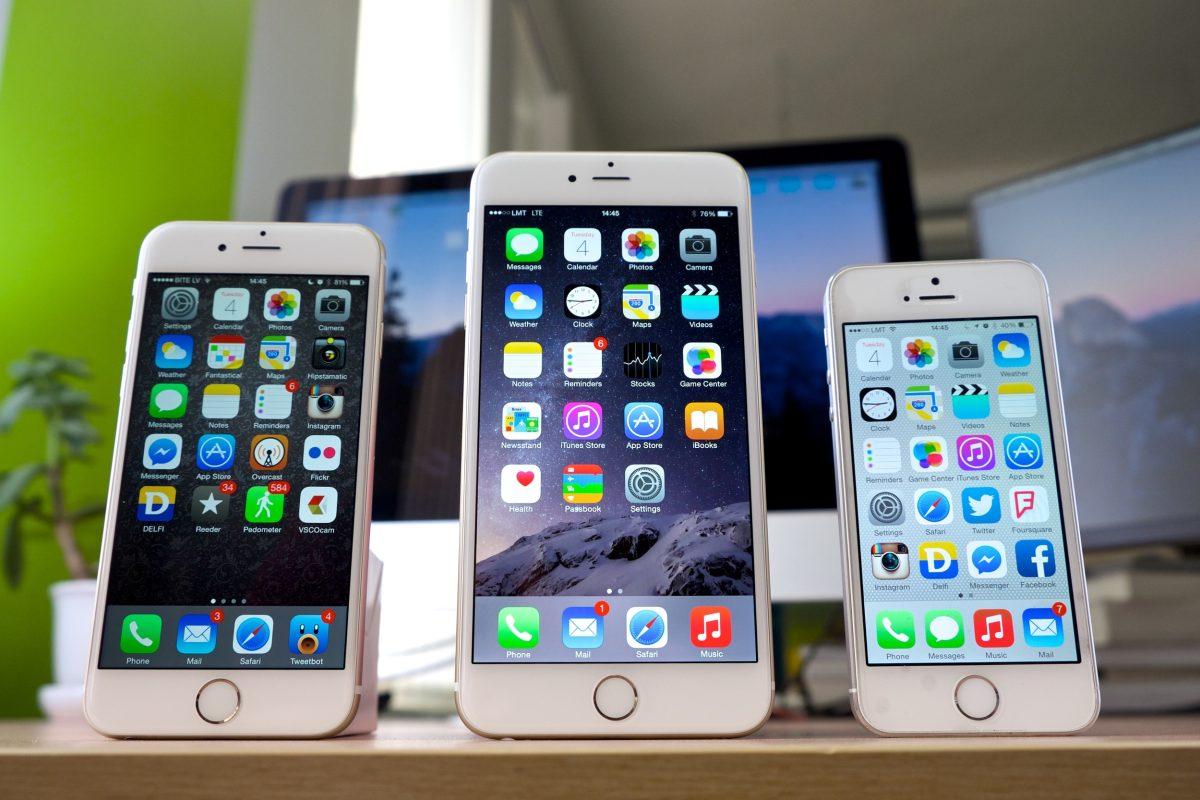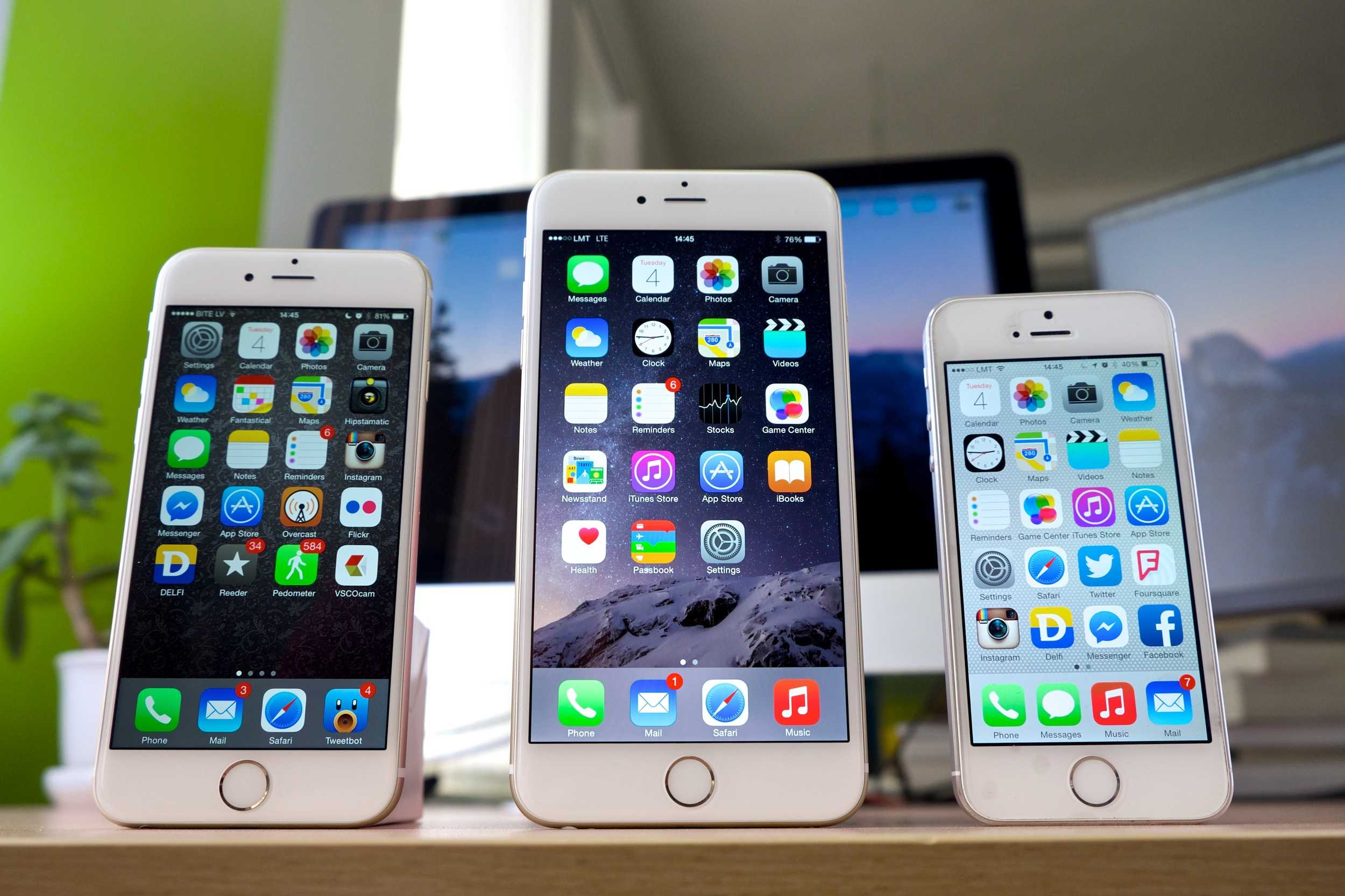Columnist Rene De Amaral
Privacy: Something most of us value. We go through life every day with a certain amount of trust that our privacy will not be violated.
We also take measures to help ensure that privacy, whether it be adding extra characters to our social media passwords, emails and school logins or a 4-digit code for their iPhones and iPads.
Privacy is important, but should it be more important than discovering more information about what the FBI calls an “act of terrorism?”
Not long after the Paris attacks in November last year, California experienced a horrible shooting in San Bernardino that left 14 people dead. Soon after this, an iPhone 5c that belonged to Syed Farook, one of the shooters, was found and taken by the FBI to further its investigation.
The iPhone had a passcode on it, and Farook set up his phone to completely wipe the data from it after ten failed passcode attempts. The FBI asked Apple to create a new operating system specific to Farook’s iPhone so they may unlock the phone and retrieve whatever information may be on it.
According to the Washington Post, in response to a court order signed by a United States Federal Magistrate that“does not ask Apple to break the phone’s encryption but rather to disable the feature that wipes the data on the phone after 10 incorrect tries at entering a password.
That way, the government can try to crack the password using ‘brute force,’ attempting tens of millions of combinations without risking the deletion of the data,” Apple released a letter to the public directly defying the order.
In its letter to the public, Apple stated “All that information needs to be protected from hackers and criminals who want to access it, steal it, and use it without our knowledge or permission. Customers expect Apple and other technology companies to do everything in our power to protect their personal information, and at Apple we are deeply committed to safeguarding their data.”
There’s a lot of merit to what Apple says.
If Apple were to create this iPhone specific operating system, and nothing of importance can be found on the iPhone, it will have essentially handed over our privacy to the FBI, and as Apple stated, potential hackers and criminals. The FBI and the U.S. government are putting a lot of stock in there actually being important information on the phone. They are willing to put our privacy at risk on a 50/50 chance that the shooter kept important information on his work issued iPhone.
flickr.com
But at the same time, who am I, a person who was not a victim of the San Bernardino shooting, to deny potential closure to the victim’s families, whose lives were forever ruined that day. Even with nothing to hide, I still don’t want Big Brother to be even more privy to the contents on my phone. But does that give me the right to bar every possible aspect of the FBI’s case to be investigated?
Maybe it does, maybe it doesn’t. But as Apple stated in its letter, “The government suggests this tool could only be used once, on one phone. But that’s simply not true. Once created, the technique could be used over and over again, on any number of devices. In the physical world, it would be the equivalent of a master key, capable of opening hundreds of millions of locks from restaurants and banks to stores and homes. No reasonable person would find that acceptable.”
The power and opportunity that would be created by the availability of this operating system is too risky to be available, since it could be modified and used on the general populace.
Whether it would be used by a government agency, hackers or criminals, I’m not quite ready for my privacy to be invaded more than it already is.





































